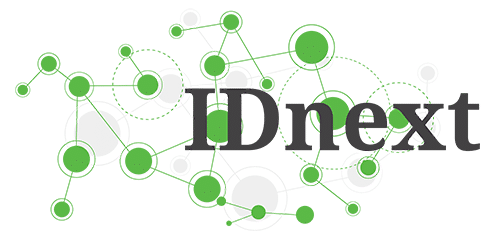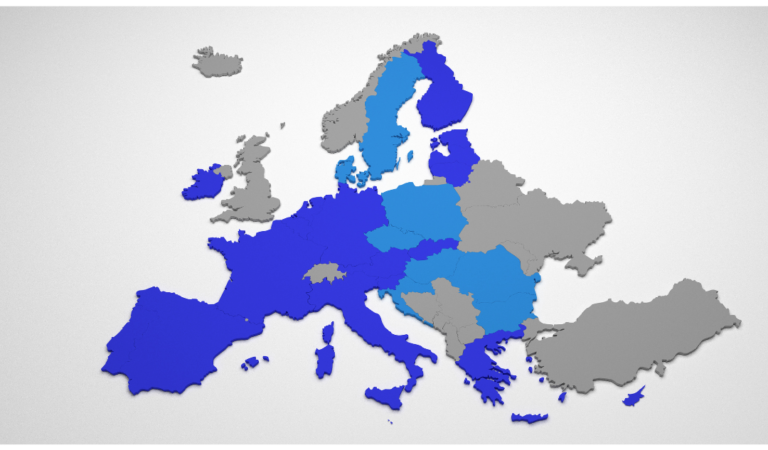A range of international bodies have recently begun experimenting with digital wallets. Digital wallets take many forms but are typically mobile phone-based systems that enable people to make electronic transactions and/or share identity credentials. In cross-border and migration contexts, digital wallets promise to have wide ranging implications for global governance, especially in identity management and finance. Aid organizations, governments, technology companies, and other interested parties are testing digital wallet projects that either target, or incidentally affect, migrants and refugees along with mainstream citizens.
A pertinent example is Ukraine’s Diia wallet. The Diia wallet is a key example of a mainstream digital wallet system being stress tested in circumstances of political conflict and displacement. It illustrates the urgent need to investigate the implications of national digital wallet systems for governments and people in crisis:
- Does the digital wallet infrastructure support the secure continuation of government services and assistance?
- Do digital wallets boost the resilience of internally displaced people and refugees rebuilding their lives across borders, including marginalized groups?
- What are the risks of a digital wallet system, and how are they playing out in conditions of mass displacement?
Read the full article here.







